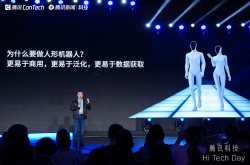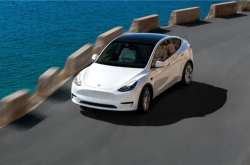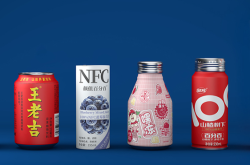Why NetEase Games Ventures Overseas, Focusing Primarily on Japan
![]() 01/14 2025
01/14 2025
![]() 736
736
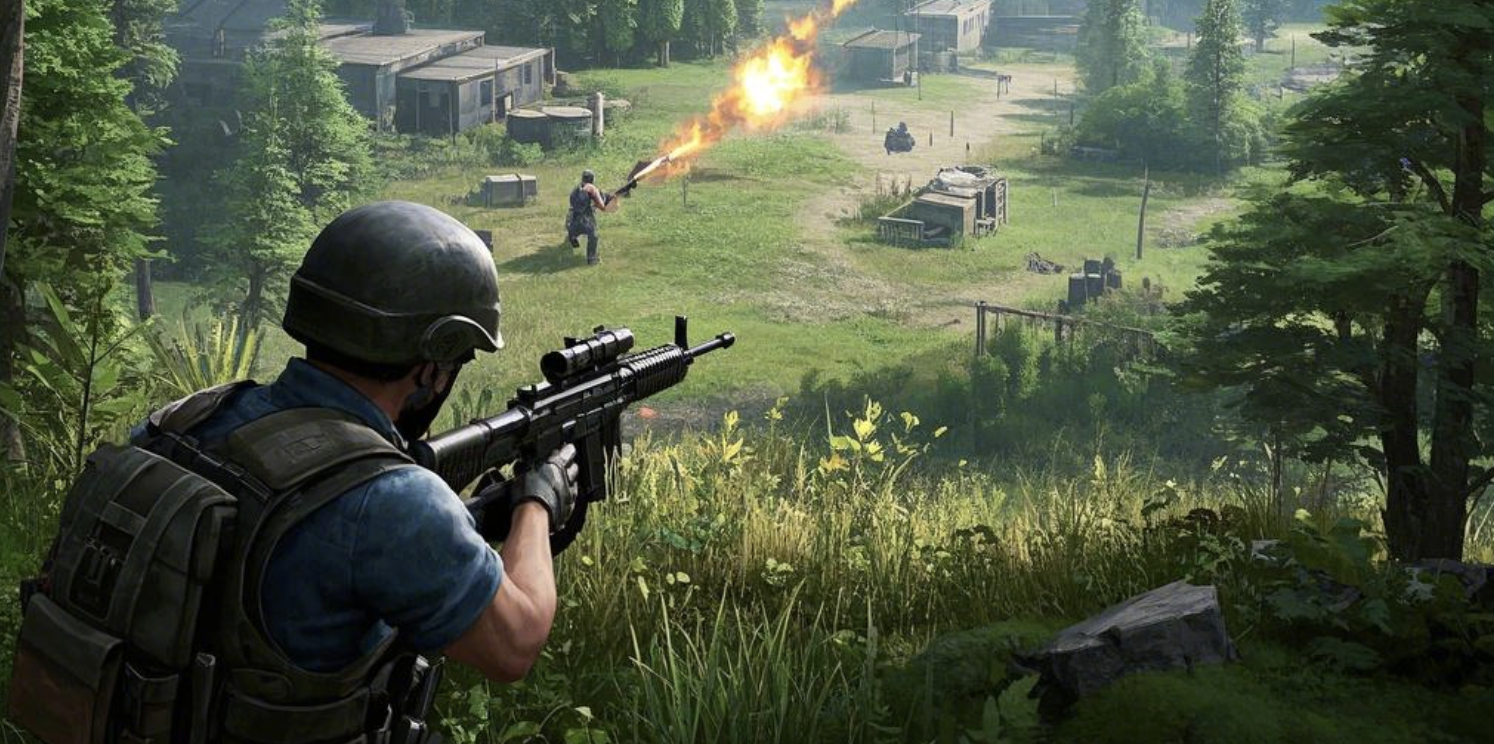
NetEase Games has recently encountered setbacks in its international expansion efforts.
Recent reports indicate that Jar of Sparks, a studio established by NetEase in the United States three years ago, has halted new game development projects and laid off staff. Similarly, a few months prior, two NetEase game studios in Canada, Skybox Labs and Worlds Untold, also announced layoffs and operational suspensions.
For NetEase Games, these developments signify a hindrance to its aspirations for expansion in the North American market, making its overseas expansion task increasingly critical.
NetEase's 2024 third-quarter report revealed game revenues of 21.8 billion yuan, a 16.5% year-on-year increase. As the second-largest game company after Tencent, NetEase lags behind other domestic game companies in terms of overseas expansion.
According to Sensor Tower data, in the global mobile game market in 2024, Tencent ranked first globally, while NetEase ranked fifth. However, the majority of NetEase's revenue stems from the domestic market.
During a 2018 third-quarter earnings call, Ding Lei disclosed that NetEase's overseas game revenue contribution surpassed 10% of net game revenue for the first time. During a 2022 first-quarter earnings call, Ding Lei stated, "NetEase Games' overseas market revenue accounts for more than 10%. In the future, we hope that the overseas market share can reach 40%-50%."
In the past two years, neither NetEase's financial reports nor Ding Lei himself have disclosed the scale and proportion of its overseas game revenue. In contrast, Tencent, as NetEase's domestic rival, disclosed in its latest financial report that its overseas game revenue accounted for nearly 30% of its total game revenue, exceeding 14.5 billion yuan.
Moreover, the monthly ranking of Chinese game companies' overseas revenue disclosed by Didiandata shows that NetEase's overseas revenue not only lags far behind Tencent's but also often falls short of that of game companies such as miHoYo, Tap4Fun, and 37 Interactive. In recent years, NetEase Games has frequently ranked outside the top five. In 2024, NetEase ranked sixth in overseas revenue in October and fourth in November, its best performance in recent years.
This is still a significant distance from the 40%-50% share that Ding Lei hopes to achieve.
I. North America as the Initial Overseas Expansion Hub, Yet NetEase Solely Focuses on Japan
NetEase Games' internal plan for overseas expansion commenced in 2014, with the establishment of a North American office the following year.
North America presents an enticing market. Data at the time indicated that North America not only had a vast number of gamers but also a high proportion of paying players, with one in every two mobile gamers being a paying player. This paying population significantly exceeds markets such as China, Southeast Asia, the Middle East, and Africa.
As the starting point for NetEase Games' overseas expansion, NetEase's North American operations department bore significant responsibilities. Its general manager, Huang Zhuo, stated in a media interview at the time that their responsibility was to localize and market domestic masterpieces in North America.
However, in 2019, news broke that Huang Zhuo had resigned.
While North America was the initial stop for overseas expansion, NetEase Games' performance in this market was modest. Conversely, it achieved remarkable success in the Japanese market. In 2016, following the success of "Onmyoji" in China, NetEase began promoting the game to Southeast Asia, Hong Kong, Macao, and Taiwan, as well as Europe and the United States. Simultaneously, NetEase Games prepared an independent publishing team and launched the game in Japan. "Onmyoji" received 350,000 pre-orders in Japan and topped the Japanese App Store download chart on its launch day.
In the same year, NetEase established the Investment and Cooperation Business Unit and began investing in foreign game studios.
NetEase Games launched "Knives Out" in 2017, which was blocked by Tencent in China. In February 2018, Tencent's "Game for Peace" (then named "PlayerUnknown's Battlegrounds: Stimulate Battleground") was first publicly tested and quickly gained an advantage through its traffic and realistic graphics, becoming the leader in domestic battle royale games.
Surprisingly, "Knives Out" became a hit in Japan. At that time, Japanese players had rarely seen a 3D open world, so "Knives Out" was able to swiftly capture the market. In 2018, 80% of "Knives Out"'s revenue of $465 million came from Japan. Since then, "Knives Out" has remained a significant source of overseas revenue for NetEase Games.
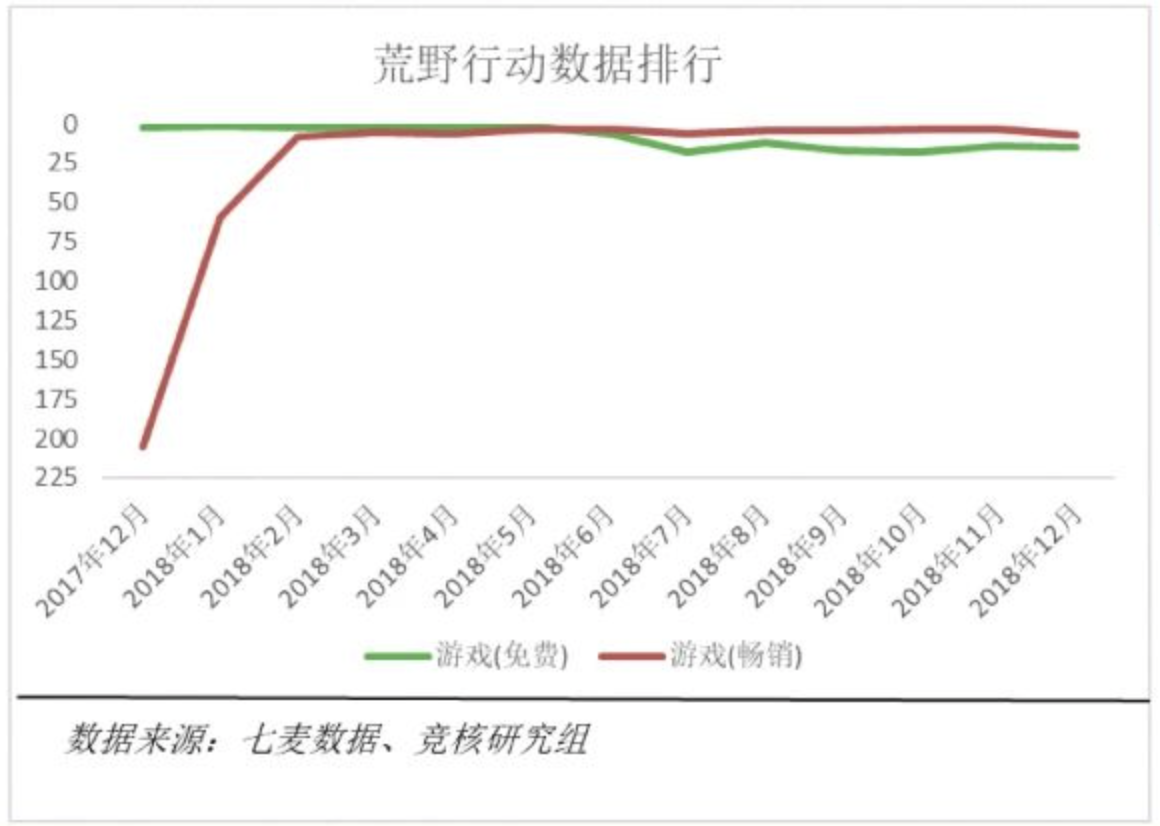
Since then, most of the studios invested in by NetEase Games have been concentrated in Japan.
NetEase's greater focus on the Japanese market is a crucial reason for the small proportion of its overseas market revenue. Although both are developed countries, Japan has a population of only 125 million, while Europe and North America have a population six times that of Japan and stronger paying capabilities, making the European and American markets larger than the Japanese market.
However, as domestic "up-and-coming" game companies gain momentum, NetEase Games' foothold in Japan is being eroded. For example, miHoYo's robust overseas expansion, particularly its popularity in the Japanese market, serves as a case in point.
As early as 2021, Hu Zhipeng, Senior Vice President of NetEase Group, stated in an interview that the company's goal is for 50% of its game revenue to come from overseas in the future. He mentioned the hope of expanding the overseas market through investments in overseas studios and collaborations with well-known brands or IPs, while the company will also release popular game genres in overseas markets.
Obviously, the Japanese game market alone cannot support the prospect described by NetEase. Consequently, NetEase Games once again shifted its attention to the more promising European and American markets.
In 2022, NetEase established the Jack Emmert and Jar of Sparks studios in the United States to develop top-tier PC and console games; invested in the Quantic Dream studio in France, which specializes in creating and publishing video games on all platforms; and in 2023, established the Rebel Wolves studio in Poland, whose leader previously served as the producer of "Cyberpunk 2077".
In 2024, it also established the GameLook studio in Los Angeles, an AAA game studio.
As a significant game market, China's top companies possess excellent products. Tencent has "PUBG Mobile," and miHoYo has "Genshin Impact," but NetEase Games rarely has major hits in the United States.
Fortunately, at the end of 2023, "Party Animals" faced competition from Tencent's "Star of Dreams," but NetEase Games successfully maintained its market share. Since 2024, "Party Animals" has significantly led in both the best-selling game chart and revenue. Moreover, after establishing a presence in Southeast Asia, "Party Animals" has also begun to launch in most countries in the Americas, Asia, Africa, and Europe.
In early December 2024, multiple media outlets reported that Shao Yun, the head of NetEase's Tianxia Business Unit, will resign around the Spring Festival next year. Concurrently, the Eggy Studio and the Wilderness Studio will be split from the Tianxia Business Unit to form the Eggy Business Unit and the Wilderness Business Unit.
This organizational adjustment by NetEase Games, making game studios responsible for overseas expansion into independent business units, underscores NetEase Games' urgency and emphasis on overseas expansion.
II. Lavish Spending vs. Frugality: The Strategic Differences Between Tencent and NetEase
Unlike the twists and turns of NetEase Games' overseas expansion, Tencent Games' overseas expansion has achieved better-than-expected results.
In the process of overseas expansion, Tencent Games and NetEase Games exhibit starkly contrasting styles. Tencent Games spends lavishly, investing hundreds of billions of yuan to follow a "big and complete" route, while NetEase Games is frugal, distributing games overseas through both self-developed games and investments in overseas studios.
Tencent Games' first overseas investment began in 2005, and it established an investment and mergers and acquisitions department in 2008. The following year, it invested in the globally popular "League of Legends" and achieved 100% control in 2015. Leveraging the success of this multiplayer online battle arena game, Tencent began developing "Honor of Kings" in 2014, which was officially launched at the end of 2015 and became a hit.
According to CITIC Securities research reports, from 2012 to 2022 alone, Tencent invested at least 97.867 billion yuan in 33 overseas game companies. "Black Myth: Wukong," which became a hit in 2024, also received investment from Tencent.
Tencent chooses the buy-buy-buy route for several reasons. On the one hand, Tencent cannot replicate its domestic social-based game model overseas. Additionally, it faces numerous challenges such as cultural barriers and the business environment. Therefore, Tencent prefers to acquire IPs or establish cooperation through acquiring a small amount of equity or investment, while maintaining the independent operation of the invested companies and expanding its territory through "alliances".
On the other hand, from agency to self-research, Tencent follows the path of benefiting from agency and imitating self-research, making it more inclined to directly buy immediate combat effectiveness through investment and mergers and acquisitions, and then digest it into its own strength.
Conversely, NetEase started with original self-research and later obtained international cooperation through agency deals with Blizzard games. Overall, it emphasizes "small but beautiful" game innovation experiences. Therefore, it primarily achieves overseas expansion through self-research and investment.
Similarly, when investing in overseas expansion, NetEase Games rarely makes the frequent large-scale investments seen in Tencent. Instead, it continuously supplements its overseas game territory by recruiting famous game producers to set up game studios or directly purchasing overseas game studios.
For instance, as mentioned earlier, for the Jar of Sparks studio, NetEase recruited founding members of Xbox Live and members with development experience in games such as "Batman: Arkham" and "DOOM" (2016). The Sakura Studio established in Japan recruited Kenji Ozawa and Tetsuya Akatsuka from Bandai Namco, as well as combat designer Ryosuke Yoshida, who participated in projects such as "Monster Hunter" and "Devil May Cry".
Some believe that investing in various small and beautiful game studios with stronger original capabilities, while more likely to produce blockbusters, may appear inadequate due to team size limitations when game studios aim for more novel creativity and pursue higher-level technological innovation. They often end up on the path of "seeking expansion - being acquired".
In recent years, NetEase Games has also been continuously increasing and deepening its cooperation with internationally renowned IP companies to accelerate the globalization process, such as Marvel, Warner Bros. Interactive Entertainment, The Pokémon Company, Mattel, etc.
This approach is similar to that of miHoYo and Game Science, which gained fame this year due to "Black Myth: Wukong." Their strategy has always been a typical "IP + blockbuster" approach - minimal investment and financing, focusing on product development, accumulating strength over several years, and striving to rank first.
Before successfully creating blockbuster game products, game companies such as miHoYo and Game Science were smaller entities that could invest more time in meticulously polishing products to bet on the success of a single product. However, NetEase Games is already too large to gamble its energy and funds on a single product. While attempting to adhere to self-research, NetEase is increasingly resembling Tencent, spreading its bets widely on blockbuster products.
In 2019, NetEase strategically cooperated with Marvel and invested billions of yuan over the next few years to develop several products such as "Marvel Super War," "Marvel Duel," and "Marvel Contest of Champions," successfully betting on "Marvel Contest of Champions".
However, for the time being, it is still too early to determine whether NetEase Games' overseas expansion can accelerate, narrow the gap with Tencent Games, or even avoid being overtaken by other domestic game companies. The European and American markets will be a crucial factor in whether the situation can be turned around.

